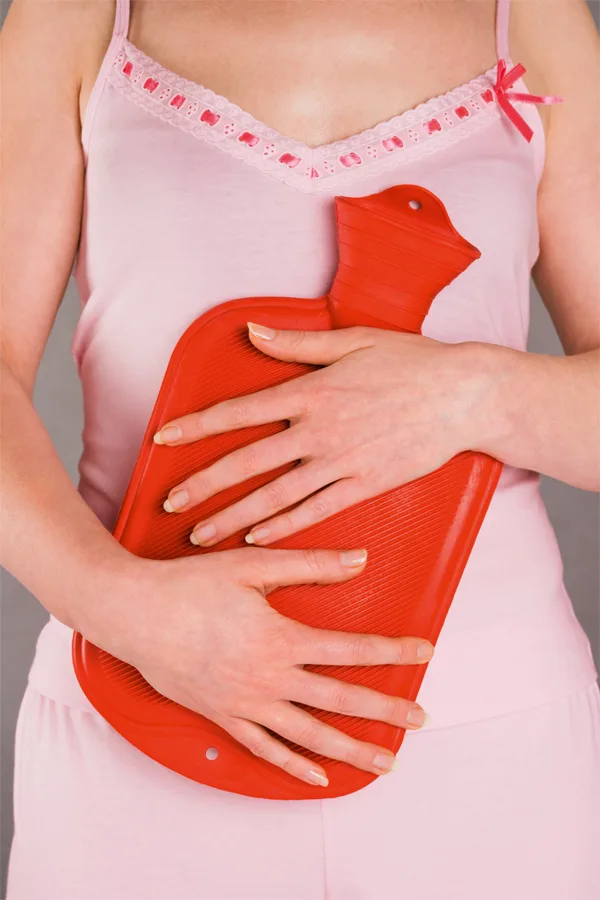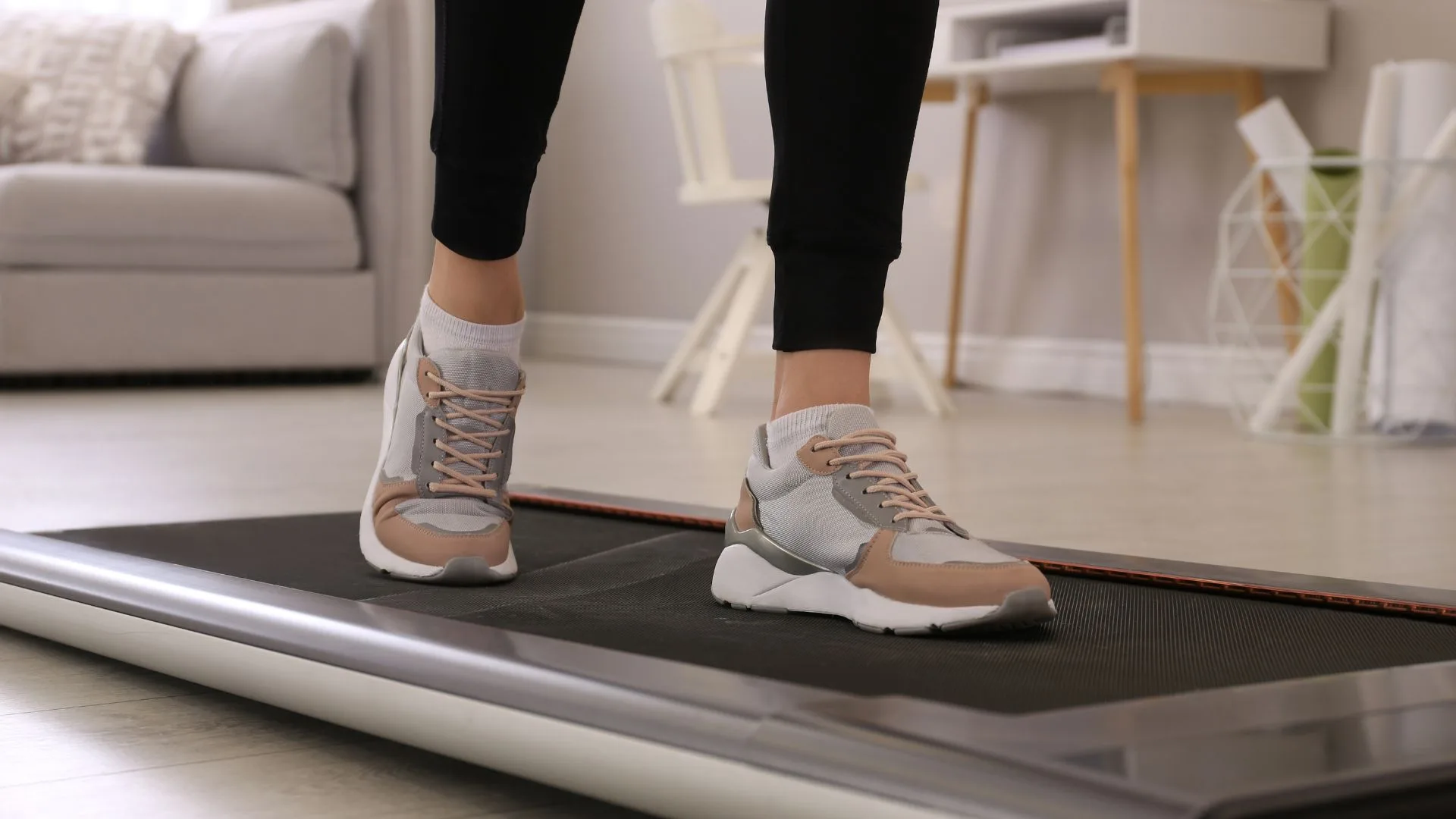oany women have some degree of pain with their periods, but most of us are able to put up with it and carry on as normal. However, for a small number of women, as much as they’d love to be able to soldier on, it’s not an option because their periods are just too excruciating.
What is period pain caused by?
oenstrual cramps are caused by contractions of the uterus, which help it to shed its unneeded lining. In some women these contractions are barely noticeable, but for others it’s like going through labour. Sometimes there is no obvious reason why they have worse pain, and if they’ve had severe pain since their periods started, it’s less likely a particular cause will be found.
Severe pain that occurs in girls after they begin menstruation, and eases a little once they’re in their twenties or given birth, is known as primary dysmenorrhea. Secondary dysmenorrhoea is diagnosed when painful menstrual cramps are caused by other conditions. These include:
Endometriosis
Fibroids
Pelvic inflammatory disease
ovarian cysts
IUCDs (intrauterine contraceptive devices) can sometimes worsen cramps.
How can you ease the pain?
over-the-counter painkillers can help, or if the pain is more severe, your doctor can give you prescription medication.
oral contraceptives may also overcome pain by regulating hormones.
Taking a warm bath or using a heat pad can be a short-term solution to easing discomfort
Some women find exercise makes a difference. Try walking, swimming or dancing.
TENS machines (transcutaneous electrical nerve stimulation) are often used in labour, but can also treat menstrual pain.
Popular dietary remedies include omega-3 fatty acids (from oily fish like salmon, or walnuts) and magnesium (found in green leafy vegetables or nuts).
Try acupressure. This involves pressing on certain pressure points to relieve pain. one small study found it may be as effective as painkillers in some women.
Herbs commonly used to treat painful periods include black cohosh, ginger, dong quai and cramp bark.
If you have a condition like endometriosis or fibroids, having treatment to deal with it (for example, surgery) may make a difference to your pain levels.
When should you see a doctor?
See your doctor if:
Your painful periods started later in life.
You not only have pain in the first two days of your cycle, but at other times of the month.
You have an unusual vaginal discharge or bleeding.
Your pain doesn’t go away when you take medication.











